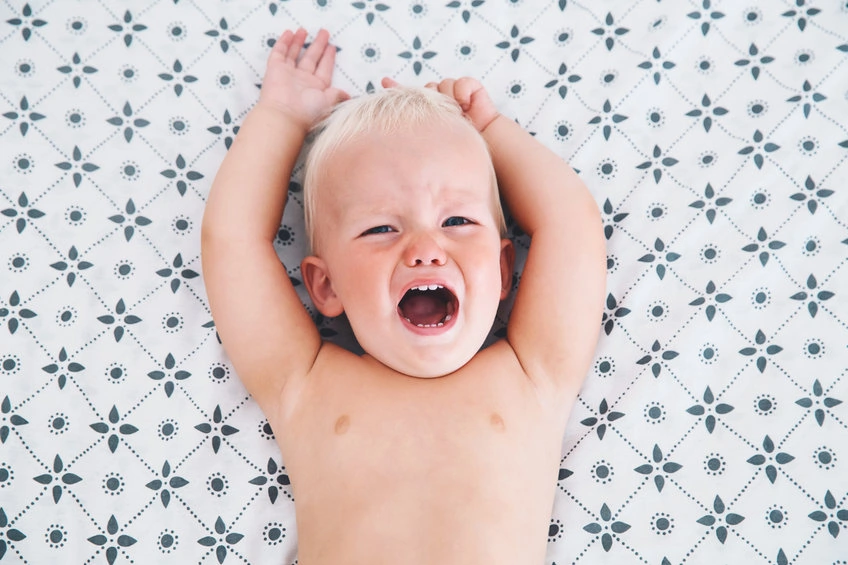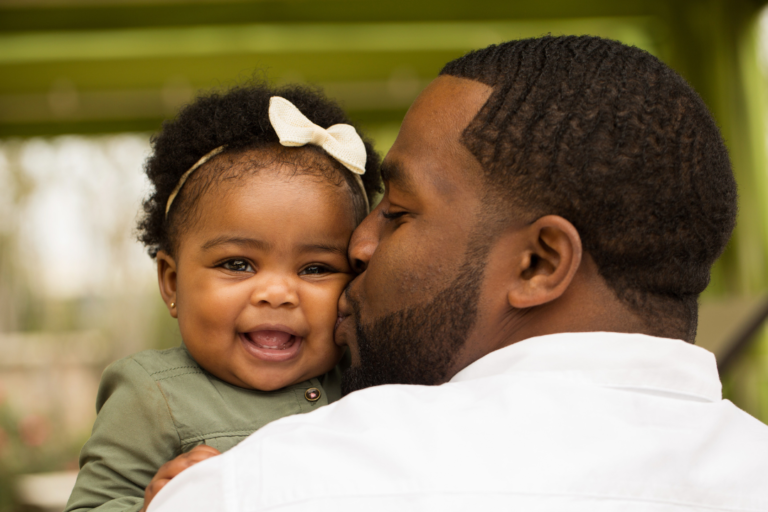Separation anxiety is hard to manage as a parent. It’s valuable to understand why it happens as this helps us to know how to manage it.
Normal milestones
There are specific ages when you can expect separation anxiety to affect sleep:
- At 7-9 months a baby cognitively realises that their mother (who they previously thought was an extension of themselves) is a separate person and can be away from them. This can cause anxiety and clinginess.
- When toddlers develop autonomy and imagination, fears and anxiety become common.
Sensory sensitive babies
Sensitive babies seek close proximity to mom because she is ‘safe space’ – she is predictable. These babies become unsettled if separated from mom for any period of time. Take my Sensory Baby Quiz to find out more about your baby’s sensory personality.
Life event
An upheaval such as the birth of a sibling, mom going back to work, a nanny leaving or starting crèche can result in separation anxiety. The first response is to take the time to identify why your baby has separation anxiety.
Here are some tips to help ease separation anxiety:
- Play separation games such as hide and seek and peek-a-boo
- Encourage a transition object such as a doodoo blanky
- Do not be tempted to sneak out – always say goodbye and be happy when you return
Be patient with your little one – it is a normal stage and if managed with empathy, one that will pass.




